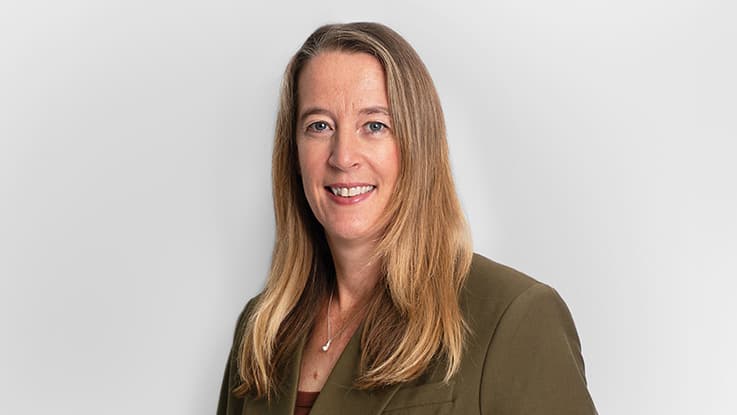
Philanthropic donations and giving
At The Smith Family, we believe in the unlimited potential of children and young people in our nation. We believe in the great power of education to help young people fully realise their potential, and we believe in the extraordinary generosity of the Australian people.
Those things combined can make an enormous difference.
Watch this video to find out more about what we do, how we help and how your philanthropic giving can play a vital role.
Reach out to our team
The difference your philanthropy can make
In 2023-24, we supported the education of more than 178,000 young people through our programs, but we’re still only reaching 15% of the 1.2 million young Australians living in poverty today.1
We've set an ambitious goal to grow the reach of our evidence-based programs to 250,000 students. And we're not going to rest while there are still children who need our help. But we can't do it alone.
The Smith Family relies on the generosity of philanthropists to sustain our cause, as private donations make up around 77% of our annual income.
Through your philanthropy, you can harness the power of education as a pathway to a better future for young Australians in need.
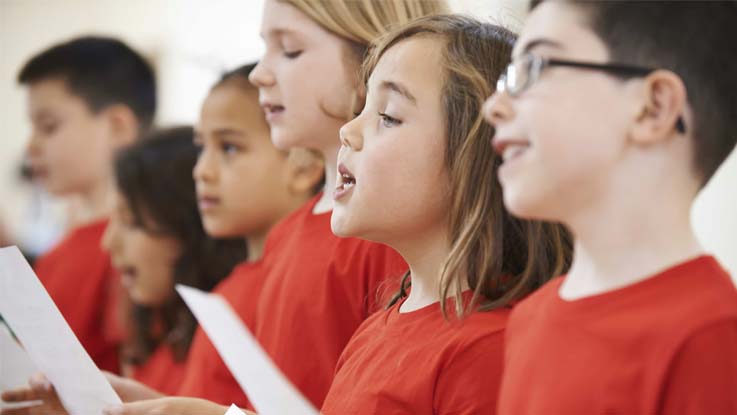
The power of education
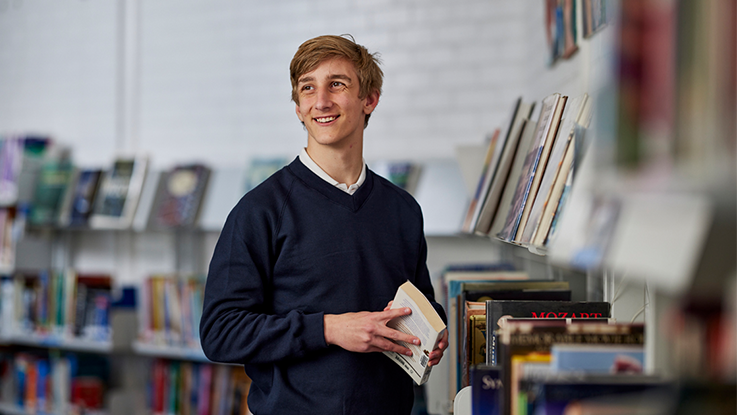
All children deserve the chance to do well in school and to grow into happy, successful adults. But some children don’t have the essentials for their education that all children need.
Research shows that when a child experiences poverty at home, it can flow on to impact other aspects of their life. At school, educational inequality limits a child’s choices – and employment opportunities in adulthood.
We know that education is one of the most powerful change agents. And with your gift, we’ll help young Australians get the extra learning support they need today, to unlock their potential for tomorrow.
Let’s take a stand. Together, we’ll help create a world where every child has the opportunity to change their future – and build a society that’s more inclusive and prosperous for all.
We lead the way by following the evidence
Evidence underpins everything we do at The Smith Family.
We draw on 100 years of experience, thousands of personal stories, extensive data and best practice from Australia and around the world, to continually assess and improve how we work – and how we help.
This approach keeps us at the forefront of the conversation around poverty and the transformative power of education – and gives philanthropists like you the clarity and confidence to generate the highest impact.
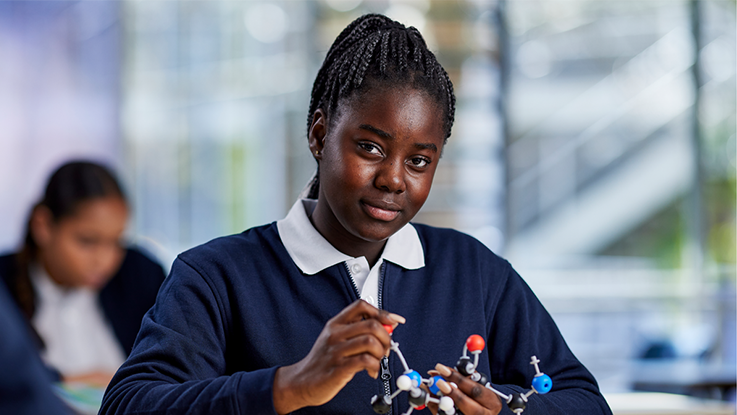
Support a child’s educational journey at every stage

The early years: Developing foundational learning skills
When starting school, 1 in 3 children in Australia’s most disadvantaged communities are developmentally vulnerable in at least 1 of 5 key areas, including language and cognitive development. In the least disadvantaged communities, this figure is 15%.2 Providing early learning support is vital for a child’s future potential. Our programs to support children in their early years include Let’s Read and Let’s Count.
The primary years: Focusing on engagement and achievement
Research identifies a clear link between the development of cognitive skills such as literacy and numeracy at an early age and higher levels of educational achievement, greater employability, higher earnings and increased social participation.3 Two of our many programs that support primary school students include Learning Clubs and student2student.
Support a child’s educational journey at every age
The secondary years: Supporting students to finish school
Research shows that completing Year 12 (or equivalent) increases a young person’s likelihood of continuing with further study, as well as entering the workforce.4 Two of our programs that support secondary students to finish school and explore potential career pathways include Work Inspiration and SmArts.
The post-school years: A successful transition to further study or work
Around 49% of 24-year-olds from the most disadvantaged backgrounds are not fully engaged in work or study, compared to 18% of those from the most advantaged backgrounds.5 In comparison, 83% of the students on our core educational program, Learning for Life, are working or studying 18 months after leaving school.

Help change tomorrows with your philanthropic gift

By supporting The Smith Family, you can make a significant impact throughout a child’s educational journey – starting before school in the early childhood years, and right through the primary and secondary years.
Your philanthropic gift can be directed to sponsor children on our core Learning for Life program, or to support another specific program or area of interest. Alternatively, you can choose to provide flexible funding which allows us to direct the funds to where they are most needed.
You can support the education of children and young people in need across the country, as we're on the ground in 91 communities, working with almost 800 partner schools in every State and Territory.

Get the full picture of the difference you're making
We continually track the progress of the children and young people supported through our programs, and the positive impact you’re having in our communities.
From data on completion rates through secondary school and transition into further study, to close-ups on the results of our learning programs, you’ll be able to see first-hand the impact of your contribution.
We’re also committed to making the most of every single dollar we receive, ensuring the best use of the funds you entrust to us. In the five years to June 2024, 73% of donations from our supporters went straight into our community programs – allowing us to provide the most impactful programs for children and young people around Australia.
This allocation is just one measure of our effectiveness. Another critical dimension is the positive impact our investment in resources and activities has in supporting our long-term program outcomes and sustainability.
For more information, view our Annual Report and Financial Statements.

Supporter testimonials
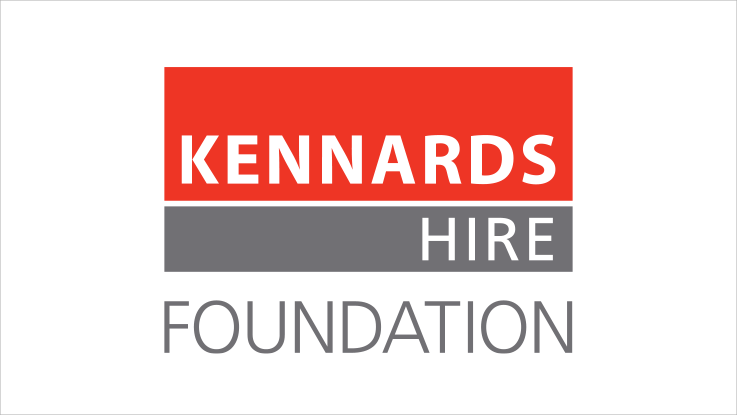
We believe in The Smith Family. We think that they do amazing work – through their research, their evidence and their strategic focus on actually tackling some of those big challenges for young people today. The reason you invest in young people is because they are our future. They’re the ones that are going to create the change that we all need.
The feeling you get from supporting a young child through their education journey is special and we encourage anyone who can give to consider doing so. Start with your local communities and actively look to be further involved if you’re able.
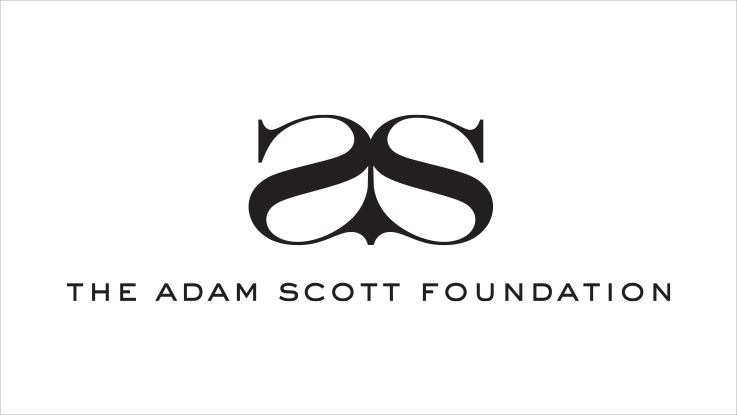
Create a lasting legacy
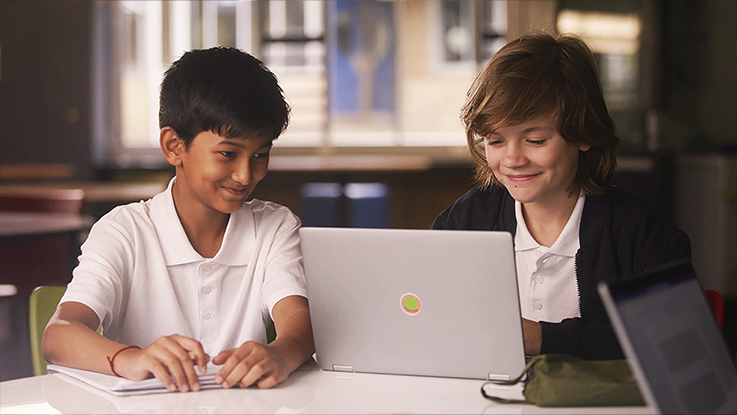
By investing in our Children’s Future Education Endowment, you can support the educational outcomes of children in need for generations to come.
The Endowment was set up to provide The Smith Family with long-term sustainable funding, so we can continue to be there for young Australians and their families for the next 100 years and beyond.
Gifts to the Endowment are invested, and the income generated from the investment is used to fund student scholarships in perpetuity for our core Learning for Life program.
You’ll also have the unique opportunity to name your Endowment gift, creating an enduring legacy for you and your family.
Are you a trust or foundation?
As a trust or foundation committed to creating a lasting impact, your support can contribute to transformative change in vulnerable communities across Australia.
By partnering with The Smith Family, you’ll have the opportunity to address educational inequality caused by poverty with innovative, evidence-based solutions. Together, we can achieve outcomes that not only improve the lives of young Australians today but help create sustainable change for future generations.
We work collaboratively with like-minded organisations, ensuring transparency and accountability, so every dollar you contribute achieves maximum impact. Find out more about our achievements from the 2023-24 financial year in our Annual Report, and join us in building a brighter, more equitable future for all.
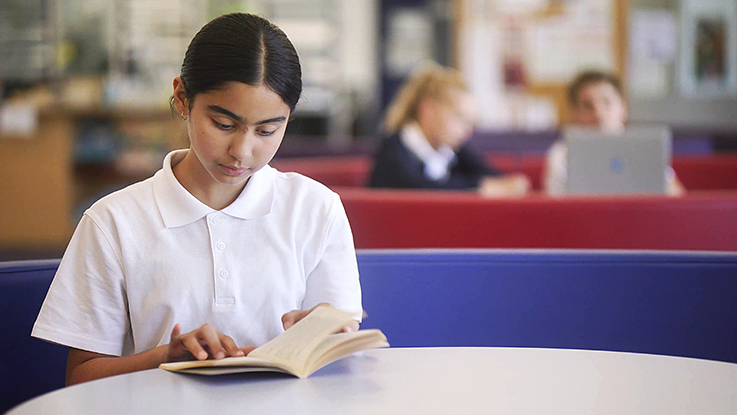

More ways to support
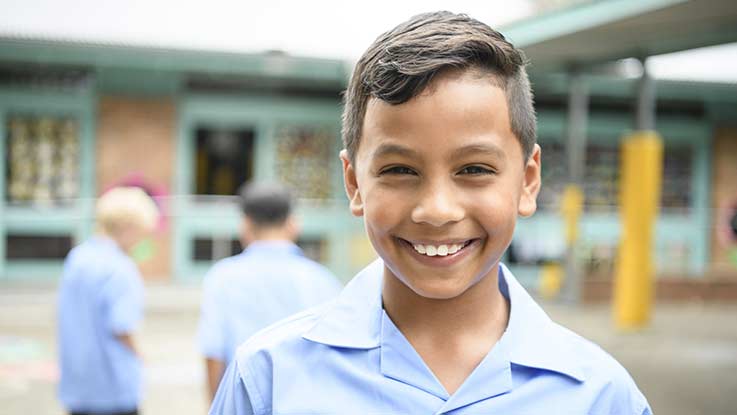
Give to our endowment

Trusts and Foundations

A gift in your will
Frequently Asked Questions about Philanthropic Giving
1 Davidson, P; Bradbury, B; and Wong, M (2023), Poverty in Australia 2023: Who is affected, Poverty and Inequality Partnership Report no. 20. Australian Council of Social Service and UNSW Sydney.
2 Australian Government (2022), Australian Early Development Census National Report 2021: Early childhood development in Australia , Canberra: Department of Education, Skills and Employment.
3 Schoon et al. (2015), The impact of early life skills on later outcomes, OECD.
4 OECD (2018), Education at a Glance, OECD Indicators. Paris: OECD Publishing.
5 Lamb, S, Huo, S, Walstab, A, Wade, A, Maire, Q, Doecke, E, Jackson, J and Endekov, Z (2020), Educational opportunity in Australia 2020: Who succeeds and who misses out Centre for International Research on Education Systems, Victoria University, for the Mitchell Institute: Melbourne.
* Names, family details and associated images have been changed to protect the family’s identity.


